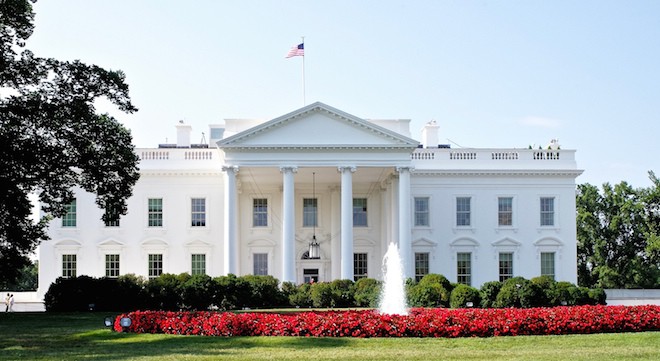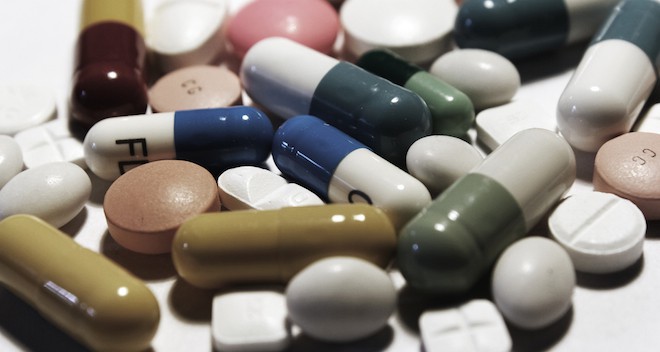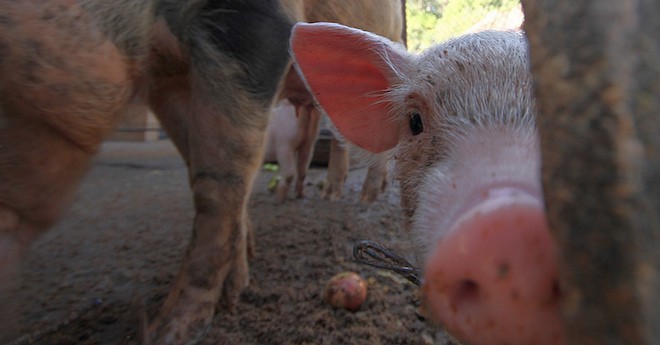A few years ago I happened to get introduced to a pair of filmmakers, Michael Graziano and Ernie Park, who were starting to explore the topic of antibiotic resistance. They had the same questions about resistance that I obsess over, and the same shock about how enormous the problem is: according to a recent estimate, 700,000 deaths every year, likely to rise into the millions if nothing is done.
They recognized their disbelief as the creative spark for a project, and three years later, have brought out Resistance, a documentary now available on iTunes. LV Anderson just said about it, in Slate:
Regardless of your preexisting interest in public health or food politics, once you learn a little about antibiotic abuse, you won’t be able to stop caring about it. Without antibiotics, many of the medical treatments that we take for granted would be impossible, and the speed and carelessness with which we squander these important drugs — on people who don’t need them and on livestock that really don’t need them — is downright infuriating… In talking-head interviews with well-chosen, highly articulate experts, Resistance explains the fundamental reason the incorrect use of antibiotics is so dangerous: Every time we use antibiotics, we give bacteria another chance to develop resistance to it.
I think Resistance is a fantastic exploration of the problem, but I am likely to be biased, because I am in it. But I realized as I watched it that there was a lot about the documentary that I didn’t know: how it came to be, why the stories within it were chosen, and whether making it changed the filmmakers’ life.
Here’s an edited chat with Michael Graziano about making the film.
Maryn McKenna: Your previous film, Lunch Line, was about school lunch and nutrition. Antibiotic resistance seems a long way from that. What got you interested?
Michael Graziano: I was hoping to get rich as quickly as possible. I calculated that if I spent three years making a film about science and public health the money would start pouring in.
Turns out my calculations were wrong.

 Roman Boed
Roman Boed








